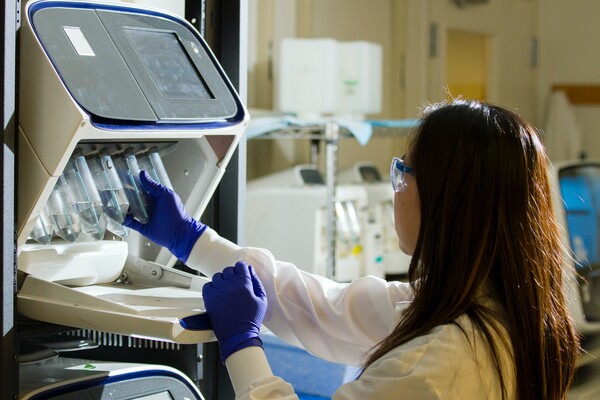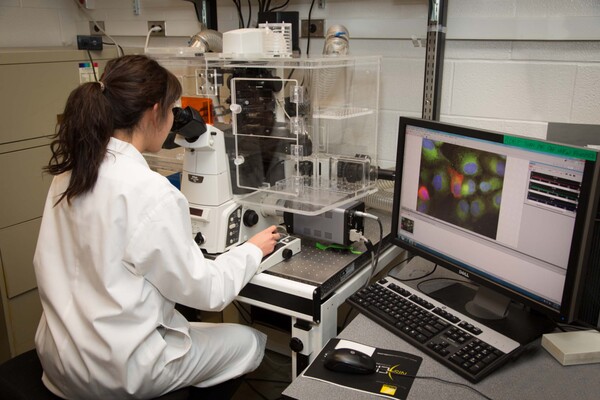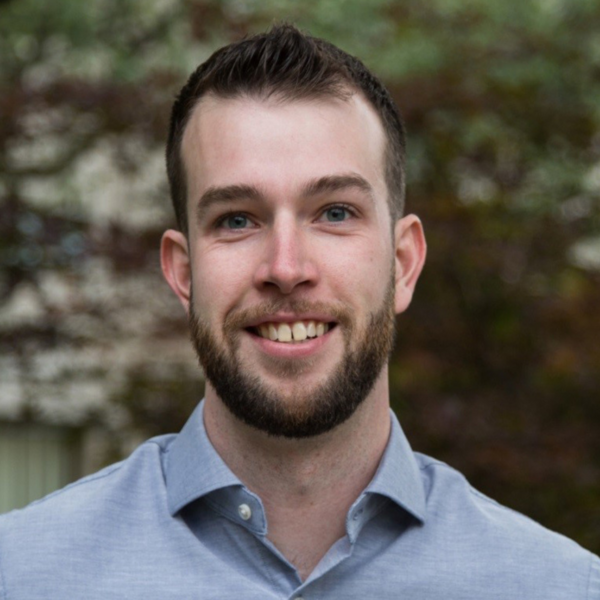
Rehabilitation Sciences
MSc & PhD
The Rehabilitation Sciences Institute (RSI) is an interdisciplinary doctoral stream program that offers MSc and PhD degrees for students interested in researching issues related to rehabilitation.Our student body comes from a broad range of disciplines including speech-language pathology, occupational sciences and occupational therapy, physical therapy, biology, epidemiology,health studies, kinetics and more. Our faculty are among the most world renown in the rehabilitation field and also come fromva broad range of backgrounds.
At RSI, we integrate research across scientific disciplines focused on understanding human function and participation in family,community, and society and its relationship to health and wellbeing. The academic activities of students cover the full breadth of rehabilitation sciences and the 100+ RSI cross-appointed faculty members are distributed throughout the University of Toronto, including teaching hospitals and research institutes. The program has 5 recognized fields: movement science, occupational science, speech language pathology, rehabilitation health services studies, rehabilitation technology sciences, and social and cognitive rehabilitation sciences. RSI is ranked #1 in North America for publications and citations for rehabilitation science,according to Thomson Reuters.
We offer:
- Full breadth of rehabiliation sciences covered in the academic program
- 12 collaborative programs
- Guaranteed minimum funding package* for full-time students
- Interdisciplimary research-stream training
*not including work hours (e.g., RA & TA roles)
Our Programs

In addition to completing a thesis, students take 2.0 FCE**:
- REH 1100H (Introduction to Rehabilitation Sciences, 0.5 FCE)
- REH 2001H (RSI MSc Seminar - Foundations of Professional Development, 0.5 FCE)
- Research methods (0.5 FCE)
- Elective course (0.5 FCE)
Students successfully finish this program in 2 years.

In addition to conducting independent and original research that will form their
thesis, students pass a qualifying exam within the first 18 months of registration and complete 1.5 FCE:
- REH 3001 (RSI PhD Seminar - Foundations of Professional Development, 0.5 FCE);
- Advanced research methods (0.5 FCE)
- Elective course (.50 FCE)
Typically, students successfully complete this program in 6 years.

Tyler Saumur, PhD
I was fortunate enough to be at RSI for 6 years and formed many great memories over the years. The Student and Alumni Networking Event is one of the highlights that I hope students can benefit from for years to come. My involvement in the Rehabilitation Sciences Graduate Students' Union also allowed me to create great relationships with the fantastic staff and incoming cohorts of students. I'm currently working as a Medical Writer II at Everest Clinical Research. As I continue to advance my career, I look forward to applying the amazing skills I developed at RSI and take on additional leadership and mentorship opportunities to support colleagues.
There is so much advice that I would love to share with new students. Overall, I would suggest saying "yes" to whatever opportunities present themselves because you never know what may come of them. That also comes with the caveat of knowing when to say "no," which can sometimes be more difficult. Lean on your fellow students when possible, make time for yourself, and embrace the experience!
Potential Career Paths
In 2016, the School of Graduate Studies (SGS) tracked the career outcomes of 10,000 PhD students who graduated from the University of Toronto between 2000 to 2015. The data below is from 41 rehabilitation sciences PhD graduates.
Positions
Some examples of the positions our rehabilitation sciences graduates held included:
- Assistant Professor
- Post-doctoral Fellow
- Medical Student
- Scientist
- Adjunct Professor
Employers
Some examples of employers for whom our rehabilitation sciences graduates worked included:
- The University of Toronto
- Holland Bloorview Kids Rehabilitation Hospital
- Sunnybrook Health Sciences Centre
- University Health Network
- University of Waterloo
The chart below shows a breakdown of the various sectors in which our rehabilitation sciences PhD graduates worked at the time the survey occurred.
Main Employment Sectors of Rehabilitation Sciences PhD Graduates
Chart data
| Post-Secondary Education | Private Sector | Public Sector |
|---|---|---|
| 30 | 1 | 10 |
By the Numbers
Rehabilitation Sciences Institute
*not including work hours (e.g., RA & TA roles)
**Full course equivalent. A typical 0.5 FCE is over one term (13 weeks), meeting 1-2 times per week. A typical 1.0 FCE is over two terms (26 weeks), meeting 1-2 times per week.